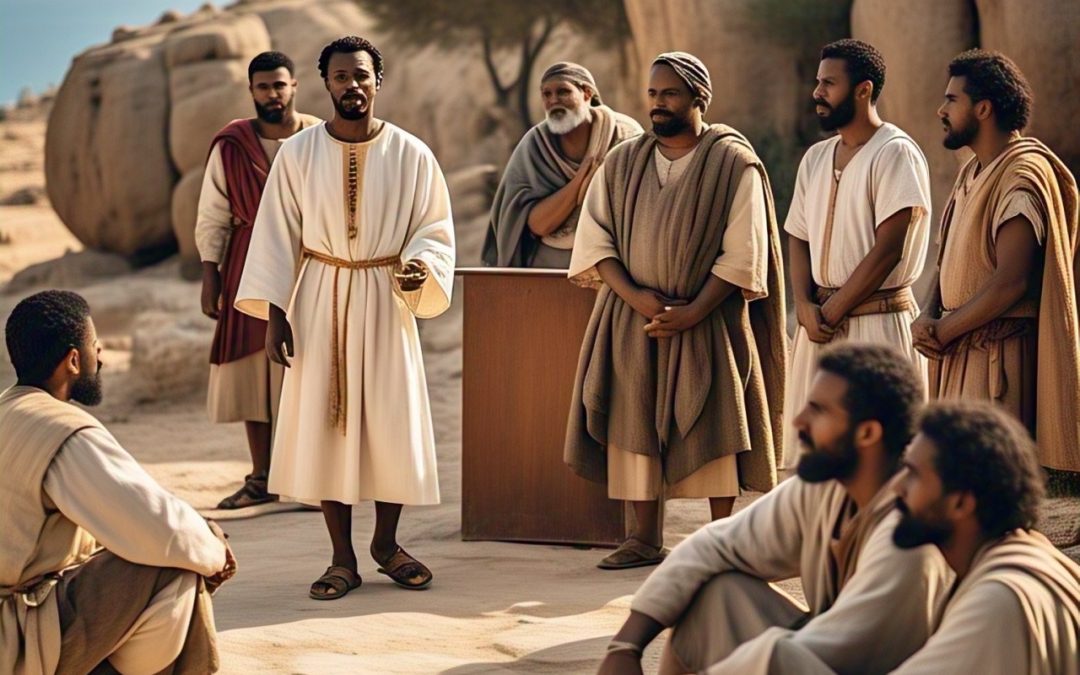When Jesus proclaimed, “The kingdom of God has come near” (Mark 1:15), he was announcing not merely a spiritual reality but an alternative social ordering with concrete implications. This kingdom operates by principles that consistently invert prevailing wisdom: the first shall be last; true greatness comes through service; abundance emerges through sharing rather than hoarding; enemies are to be loved rather than conquered.
The Beatitudes (Matthew 5:3-12) perhaps most clearly articulate this alternative ordering. Those typically considered disadvantaged—the poor in spirit, the meek, those who mourn, those who hunger for justice—are declared blessed. This represents not merely a reversal of fortune but a fundamental reordering of what constitutes the good life, challenging acquisitive economics, competitive hierarchies, and retributive justice.
This alternative ordering was not merely taught by Jesus but embodied in His life. The incarnation itself—God entering human vulnerability rather than remaining in splendid isolation—models relationship over detachment, solidarity over superiority. Jesus’ table fellowship with social outcasts, His prioritization of mercy over ritual purity, His willingness to touch the untouchable, all demonstrate a radical reordering of human community around inclusion rather than exclusion.
Most dramatically, Christ’s journey to the cross reveals a God who refuses to participate in cycles of violence, choosing instead to absorb violence without retaliation. This represents not divine powerlessness but an alternative form of power that transforms rather than dominates, that reconciles rather than conquers.
This alternative ordering challenges both individual lives and communal structures. For individuals, it invites a reorientation of priorities, from achievement to faithfulness, from self-protection to vulnerable love, from fear-based security to trust-based generosity.
For communities and institutions, Christ’s alternative offers prophetic critique of systems built on domination, exclusion, and exploitation. It suggests that human flourishing emerges not through competitive individualism but through practices of mutuality, not through accumulation but through equitable distribution, not through hierarchies of worth but through recognition of universal dignity.
The church, when faithful to its calling, exists as a community experimenting with this alternative ordering, not merely as a spiritual refuge but as a laboratory for different ways of structuring economic relationships, resolving conflicts, exercising authority, and creating belonging across social divides.
Prayer
Disruptive God, revealed in Jesus, You who turned water to wine also turn our expectations upside down, our hierarchies inside out, our certainties into questions.
We confess how deeply we have internalized the world’s ordering of things, where worth is measured by productivity, where security comes through control, where success means rising above others, where happiness is found in accumulation.
By Your Spirit, reorder our desires according to Christ’s strange wisdom: that true wealth lies in giving, that authentic greatness flows from service, that lasting security rests in trust, that joy abounds in communion.
Make us courageous enough to experiment with Your alternative ordering in our personal choices, in our family dynamics, in our economic decisions, in our communal structures.
When we are tempted to return to the familiar patterns of power and privilege, remind us of the One who took a towel and basin, who touched lepers and loved enemies, who forgave executioners and welcomed outcasts, revealing in each action Your vision for human flourishing.
May our lives become parables of Your kingdom, imperfect but authentic witnesses to the better way revealed in Jesus Christ.
Amen.


Recent Comments